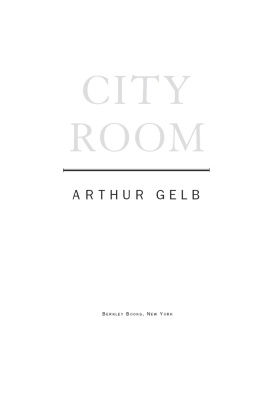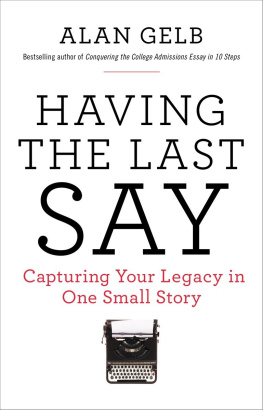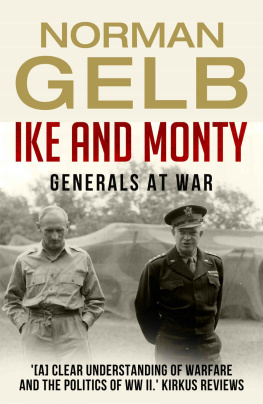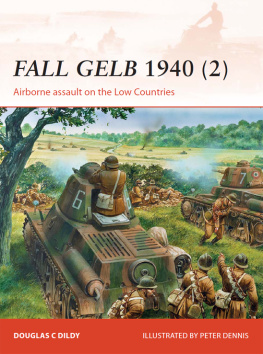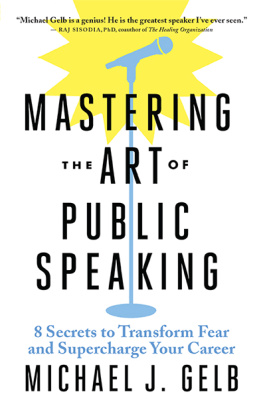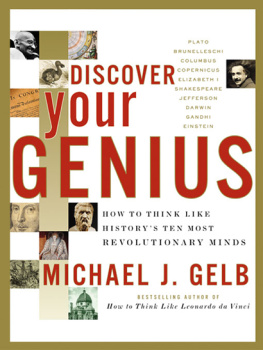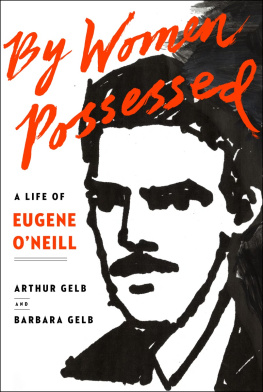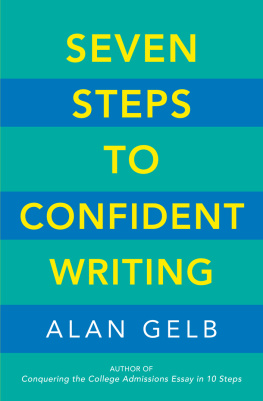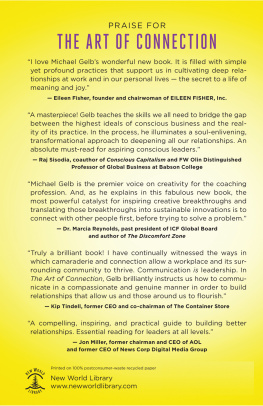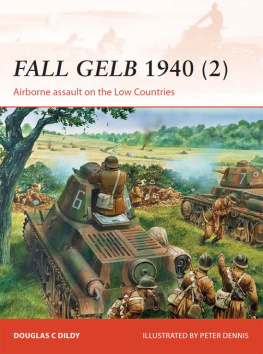A compelling visit to the most interesting place Ive ever been, by one of the most interesting and inspiring men Ive ever known.
A wonderful evocation of [the] rough-and-tumble [that] was the era of manual typewriters, chain smokers and all-nighters. Beer was openly consumed in the newsroom and no one gave a damn, all part of a days mischief.... the sheer exuberance of a life inside the news.
More than a colorful chronicle of the great events of the last century, Arthur Gelbs exuberant memoirs prove to be keenly observed social history, full of fascinating tales and details. This hearty autobiographywhich captures all the excitement and romance of a New York city roomreminds us just how challenging and thrilling modern times have been.
A. Scott Berg
A wealth of terrific stories [and] vivid recollections [of] the Pentagon Papers, the Watergate break-in and the 1970 investigation of New York City police corruption abound... Gelb mingled with glamour and celebrity. A witty raconteur, he tells uproarious anecdotes about Tallulah Bankhead and Marilyn Monroe... plenty of amazing scoops and delicious gossip... a fascinating historical snapshot... Gelb naturally emphasizes high points, but hes frank about internal politics, the papers uncharacteristic timidity in covering the Holocaust and its continuing struggle to diversify its staff.
An expansive, entertaining and insightful personal memoir... recalls a freewheeling atmosphere of green eyeshades, spittoons, profanity, and beer guzzling... the papers shortcomings (early reluctance to identify Holocaust victims) and its highlights (attention to journalism ethics)... an assortment of colorful charactersboth the reporters and their subjectsand chronicles major social and political events, including the electrocution of Julius and Ethel Rosenberg, the rise of Joseph McCarthy, the turmoil of the Vietnam War, and the resignation of President Nixon.
A fascinating insiders look at the editorial and political quakes that have swept the city room of The Times.
A reminder of what it means to be the best.
CITY
ROOM

ARTHUR GELB

THE BERKLEY PUBLISHING GROUP
Published by the Penguin Group
Penguin Group (USA) Inc.
375 Hudson Street, New York, New York 10014, USA
Penguin Group (Canada), 10 Alcorn Avenue, Toronto, Ontario M4V 3B2, Canada
(a division of Pearson Penguin Canada Inc.)
Penguin Books Ltd., 80 Strand, London WC2R 0RL, England
Penguin Group Ireland, 25 St. Stephens Green, Dublin 2, Ireland (a division of Penguin Books Ltd.)
Penguin Group (Australia), 250 Camberwell Road, Camberwell, Victoria 3124, Australia
(a division of Pearson Australia Group Pty. Ltd.)
Penguin Books India Pvt. Ltd., 11 Community Centre, Panchsheel Park, New Delhi110 017, India
Penguin Group (NZ), Cnr. Airborne and Rosedale Roads, Albany, Auckland 1310, New Zealand
(a division of Pearson New Zealand Ltd.)
Penguin Books (South Africa) (Pty.) Ltd., 24 Sturdee Avenue, Rosebank, Johannesburg 2196,
South Africa
Penguin Books Ltd., Registered Offices: 80 Strand, London WC2R 0RL, England
Copyright 2003 by Arthur Gelb.
Cover design by Aliza Dzik. Cover photograph: The New York Times.
All rights reserved.
No part of this book may be reproduced, scanned, or distributed in any printed or electronic form without permission. Please do not participate in or encourage piracy of copyrighted materials in violation of the authors rights. Purchase only authorized editions.
BERKLEY is a registered trademark of Penguin Group (USA) Inc.
The B design is a trademark belonging to Penguin Group (USA) Inc.
PRINTING HISTORY
Marian Wood hardcover / October 2003
Berkley trade paperback edition / November 2004
ISBN: 978-1-101-66383-7
The Library of Congress has catalogued the Marian Wood hardcover edition as follows:
Gelb, Arthur, date.
City room / Arthur Gelb.
p. cm
A Marian Wood book.
Includes index.
ISBN 0-399-15075-7
1. Gelb, Arthur. 2. JournalistsUnited StatesBiography.
1. Title.
PN4874.G347A3 2003 2003043154
070.92dc21
[B]
To Barbara, who won my heart
in the old city room
ONE
A S I ENTERED THE LOBBY of The New York Times at 10:30 P.M. , normally deserted at that late hour, I found myself in step behind a lissome woman with wavy ash-blond hair, wearing a snug-fitting black dress.
It was late May 1944, my first week as a copyboy, the humblest rank on the newspapers staff. I was on my way back to the city room, second home to a legion of reporters and editors, all collaborators in the daily ritual of getting the paper out in time to meet truck, mail and rail schedules.
Sammy Solovitz, also a copyboy, and Iboth of us just turned twentywere balancing bundles of newspapers on our shoulders. They were early editions of competing New York dailies, and the ink, still damp, smudged our hands and clothes. We had been sent to fetch the papers from a newsstand around the corner in Times Square, so that the editors could check whether The Times had missed any important stories.
I was uneasily aware of the odd couple Sammy and I madehe an elfin four-foot-nine and I a gangling six-foot-two. Despite the bundle weighing him down, Sammy nonchalantly blew smoke rings, mimicking the soldier in Times Squares bigger-than-life Camel cigarette ad. By contrast, I must have appeared self-consciously earnest as I stared straight ahead through horn-rimmed glasses. My discomfort galloped nearly out of control when the woman we had followed into the elevator turned around, and I gazed into the sapphire eyes of Madeleine Carrollfor me, the screens most beautiful actress.
Among the films in which she had starred were The 39 Steps, the Hitchcock thriller, and My Favorite Blonde, with Bob Hope, and I had spent a good part of my adolescence fantasizing about her. When the elevator door opened onto the reception area of the third-floor city room, I was frozen. Sammy had to tug my arm and lead me out. Instead of following him into the city room, I rang for the ascending elevator and, when it returned, I asked my new friend, Herman, the white-gloved elevator operator, where he had taken Miss Carroll.
Kid, keep your shirt on, he said, and snapped the elevator gate shut.
Sharing Madeleine Carrolls aura was beyond anything I had expected during my first week at The Times, but I realized I would have to restrain my curiosity at least temporarily. The last thing I wanted was to do anything to jeopardize my new job on this titan of newspapers.
The city room was in full cry, with the paper going into extra editions through much of the night due to the breaking war news. Reporters, virtually all men in those days, unwound with drink and camaraderie in nearby saloons, and wives and girlfriends were expected to understand and not scold when their men broke dates or came home late.

